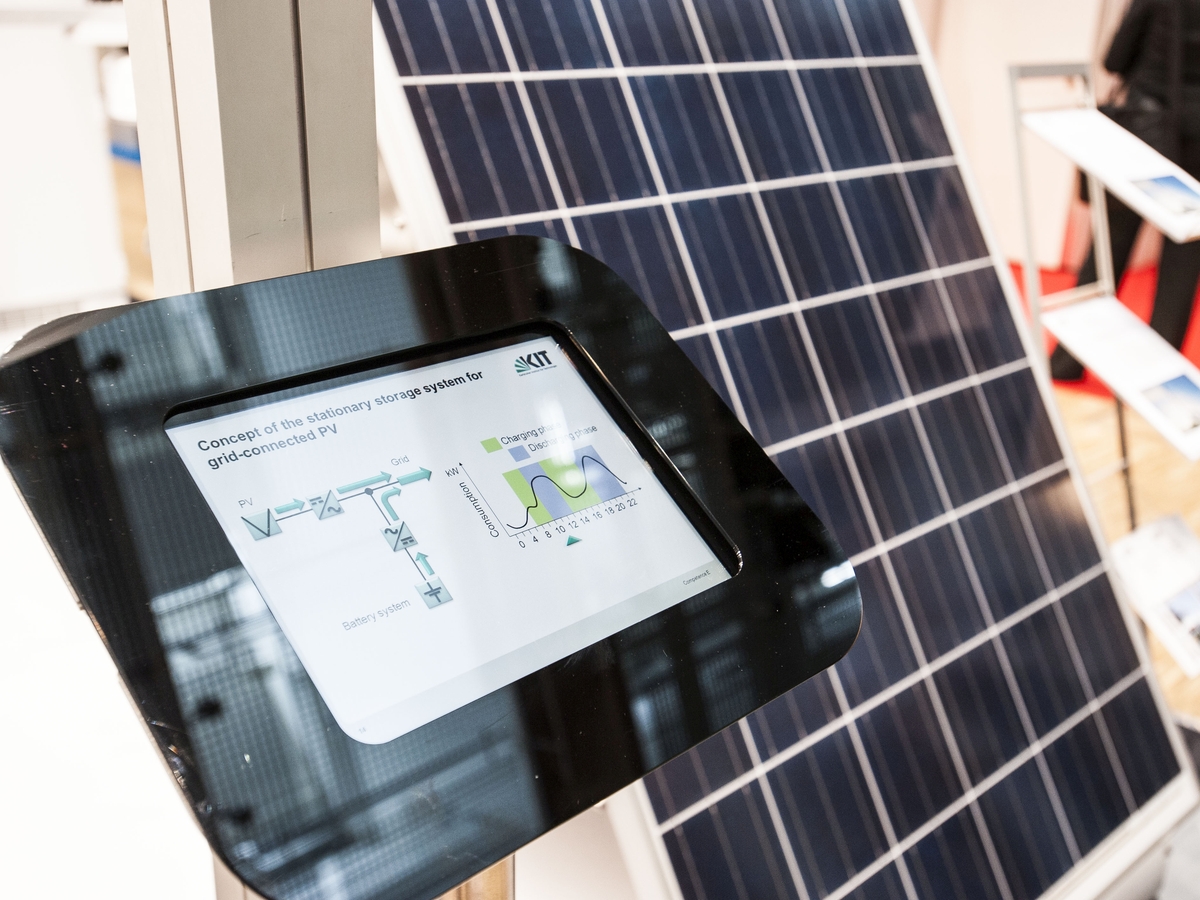Policy advice on batteries for British ministry
Still today, kerosene lamps and candles are the major source of light in many developing countries and wood stoves are common for cooking. Especially the use of kerosene causes particulate emissions which are hazardous to health while the use firewood leads to controlled and uncontrolled clearing with the well-known negative impacts for health and the environment. The use and storage of electricity generated from solar energy by photovoltaics is considered as one way to reduce the strong dependence on fossil and biogenic fuels.
For example, the number of stand-alone photovoltaic systems in the lower power range in combination with battery storage devices has increased in recent years in Africa and India. They are used for the operation of LED lamps and smaller electronic devices (mobile phone, laptop, LED TV). To date, especially the high storage costs are one of the reasons why appliances with higher power needs cannot be operated economically with these types of stand-alone systems. This mostly applies to developing regions where electricity should be provided at low cost. However, current research shows that storage costs could be considerably reduced in the future.
In order to use stand-alone photovoltaic systems and micro grids with energy storage systems for appliances with higher power needs in developing countries, a number of technical challenges have to be overcome and suitable battery systems have to be identified. The colleagues of ITAS and the Helmholtz Institute Ulm (HIU) defined the resulting research questions and the related need for research in this context. Their results were presented in a research report for the British Department for International Development (DfID). (21.03.2016)
Further links:


